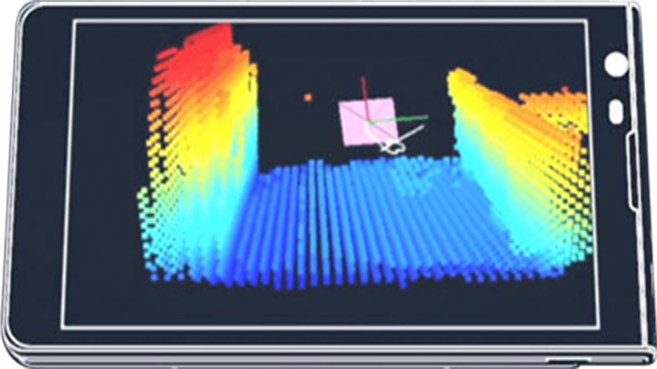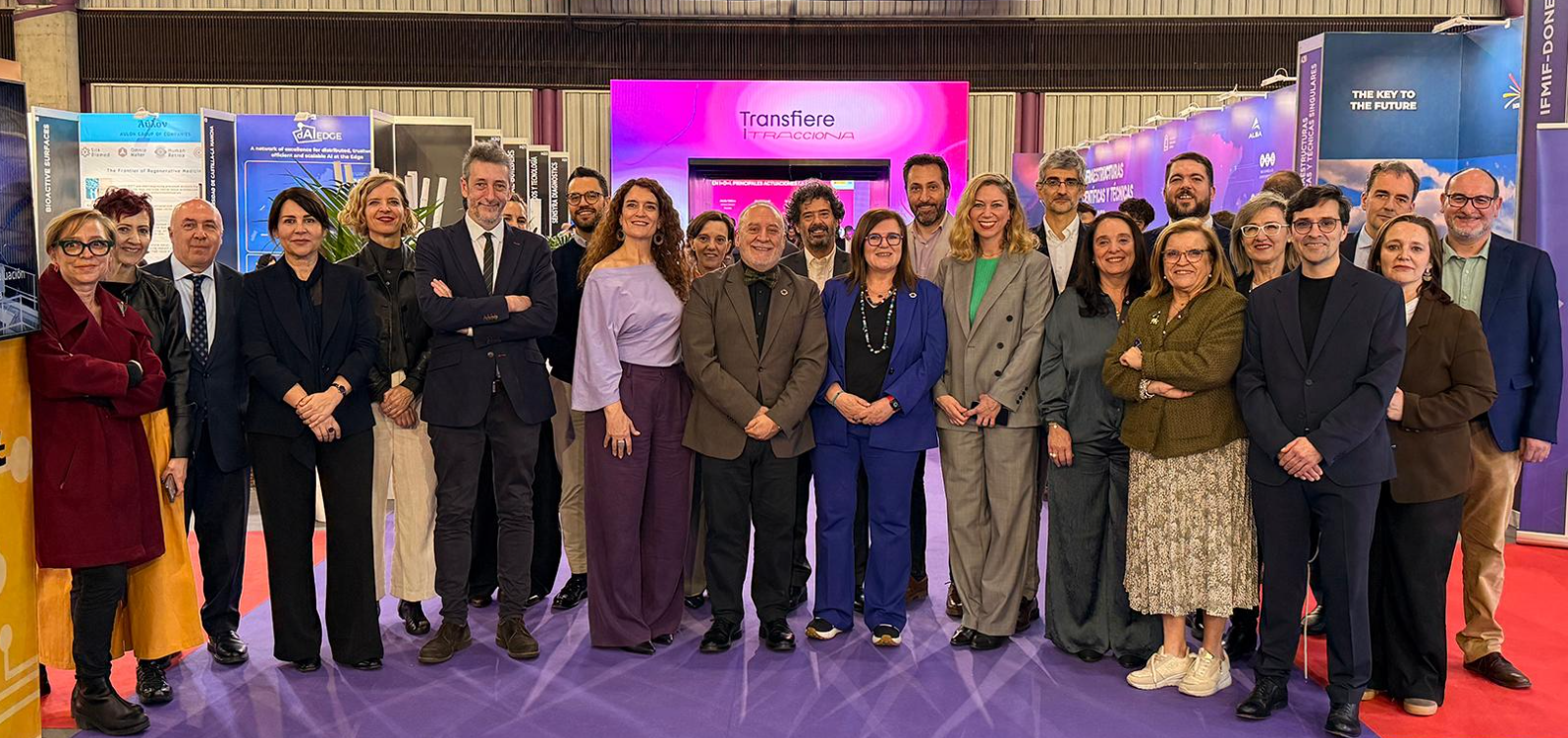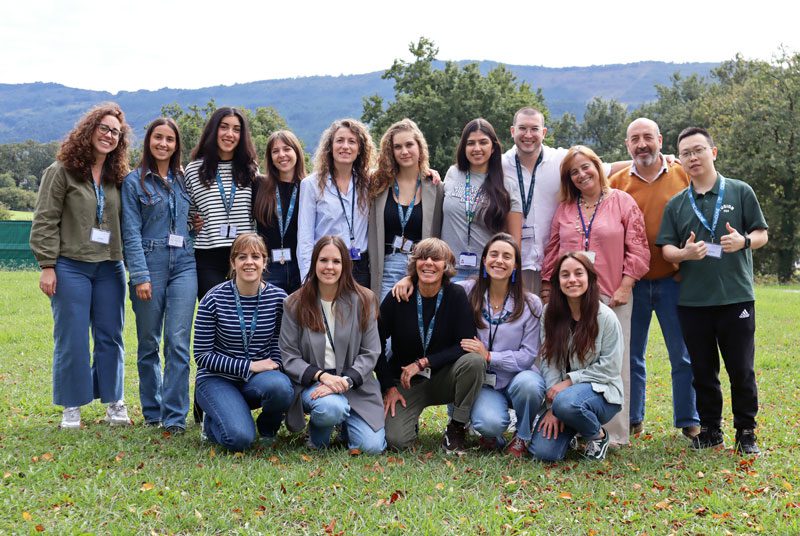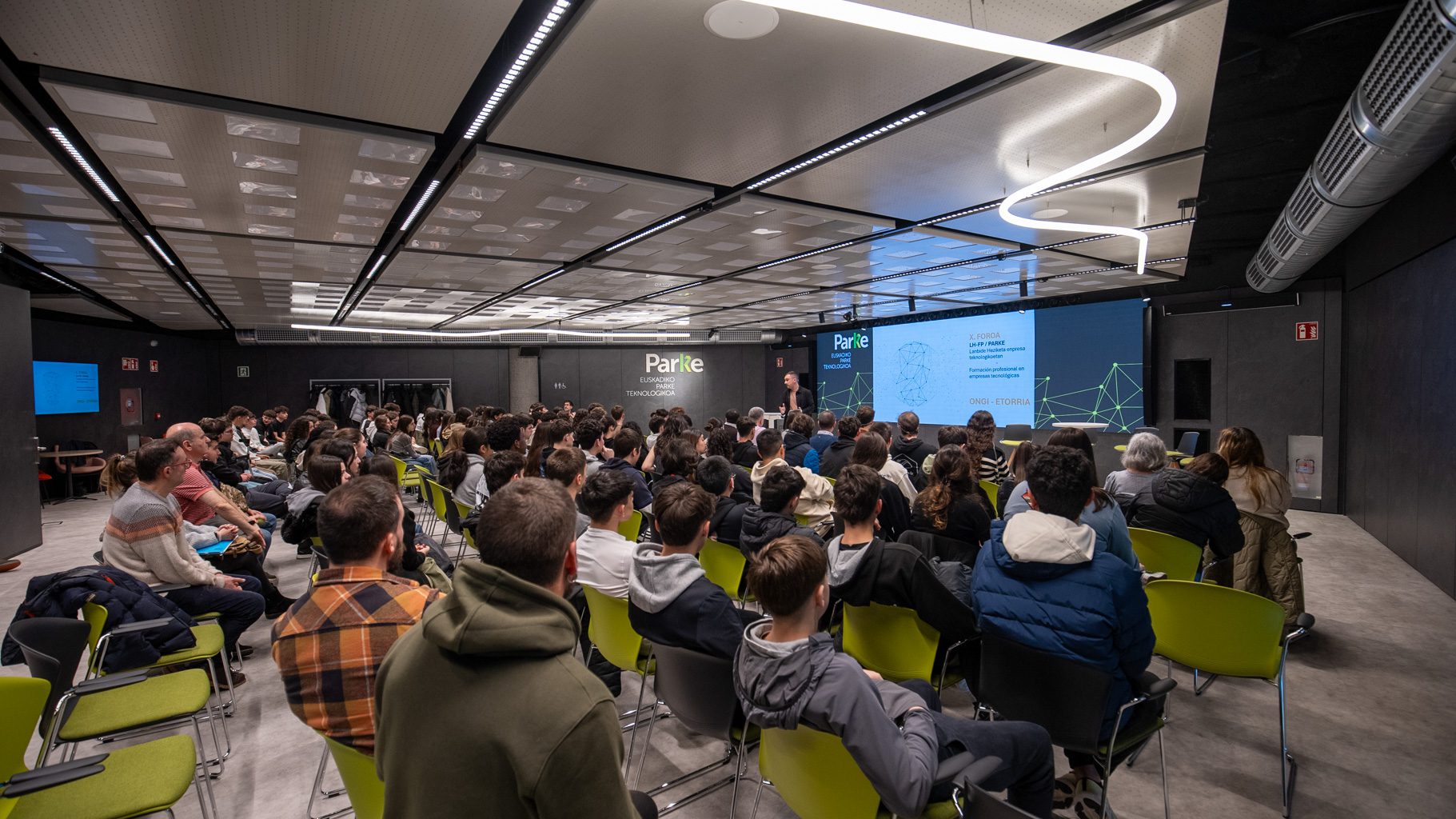TANGO project receives 8 million euros from the European Union

The new EU-funded project, which will start in autumn 2023 with 21 partner organisations from 9 European countries, is designed to develop a new generation of human-centric AI systems and strengthen Europe’s leadership in this field.
The aim is to develop a new generation of human-centred AI systems and strengthen Europe’s leadership in this field.
 Artificial intelligence (AI) holds enormous potential to improve human decisions and avoid cognitive overload and bias in high-risk scenarios. To date, however, adoption of AI-based support systems has been minimal in settings such as hospitals, courts and public administrations.
Artificial intelligence (AI) holds enormous potential to improve human decisions and avoid cognitive overload and bias in high-risk scenarios. To date, however, adoption of AI-based support systems has been minimal in settings such as hospitals, courts and public administrations.
The EU recognises the need to foster research and innovation in this field, and in March TANGO was awarded €8 million to develop the theoretical foundations and computational framework for synergistic human-machine decision making, paving the way for the next generation of human-centric AI systems. The new EU-funded project, which will start in autumn 2023 with 21 partner organisations from 9 European countries, is set to reinforce Europe’s leadership in this field.
TANGO argues that for AI to fully realise its enormous potential in terms of positive impact on people, society and the economy, we need to completely rethink the way AI systems are conceived. People must feel that they can trust the systems they interact with, in terms of the reliability of their predictions and decisions, the systems’ ability to understand their needs, and assurances that their purpose is actually to help them and not an undeclared third party. In other words, a symbiosis must be established between humans and machines, where all parties are aligned in terms of values, goals and beliefs, and support and complement each other to achieve goals beyond what each would be able to do on its own.
“It takes two to TANGO! Our perspective is that a deep mutual understanding between humans and machines is essential for the development of truly effective and innovative AI systems that can extend human reasoning and decision-making capabilities,” says project coordinator Andrea Passerini.
The potential impact of the TANGO framework on individuals and society will be assessed in a set of real-life use cases of high societal impact, supporting women during pregnancy and postpartum, supporting surgical teams in intraoperative decision making, supporting loan managers and applicants in credit decision processes, and assisting public policy makers in incentive design and fund allocation. The success of these case studies will foster the adoption of TANGO as a reference framework for developing a new generation of synergistic AI systems and reinforce Europe’s leadership in human-centric AI.
Professor Novi Quadrianto (University of Sussex – BCAM) will collaborate on the project from the Basque Centre for Applied Mathematics. “We are super excited to start working on this important project with excellent consortium members in which we will lead the development of reliable models with fairness and bias considerations and translate those reliable models into ethical and reliable decision making.” The work at BCAM will be carried out as part of the BCAM Severo Ochoa Strategic Lab on Trustworthy Machine Learning,” adds Prof. Quadrianto.
Consortium
The 21 partner organisations include universities, research centres, institutions, foundations and companies from 9 European countries. 7 are from Italy (University of Trento – which also coordinates the network – , University of Pisa, Italian National Research Council, Scuola Normale Superiore, Fondazione Bruno Kessler, U-Hopper srl, Intesa Sanpaolo), 4 from Serbia (The AI Research and Development Institute of Serbia, SHARE Foundation, A 11-Initiative for Economic and Social Rights, Ministry of Family Welfare and Demography), 2 from the UK (University of Swansea, University of Warwick), 2 from Belgium (Center for European Policy Studies, EIT Digital), 1 from France (Université Paris Cité) and 1 from Ireland (Carr Communications), Sweden (Surgical Science Sweden AB), Germany (University Hospital Heidelberg) and Spain (Basque Center for Applied Mathematics).




